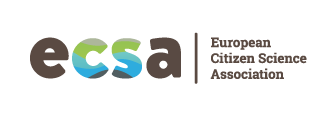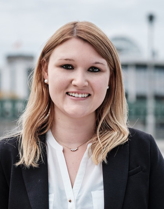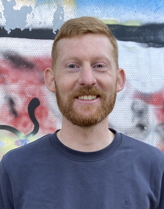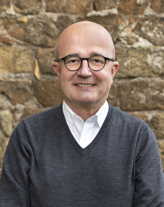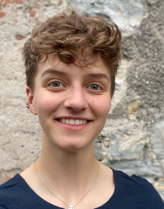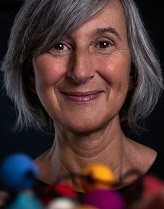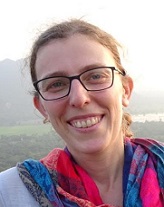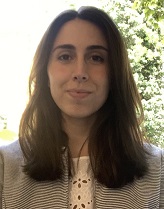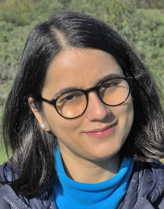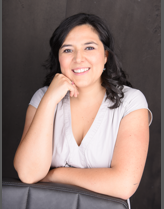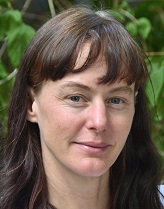D-NOSES empowers citizens through responsible research and innovation (RRI), citizen science and co-creation tools to design odour-control measures at the local, national and global levels, working with civil society organisations (CSOs), non-governmental organisations (NGOs), local authorities, odour-emitting industries and universities.
Odour pollution is the second-leading cause for environmental complaints across Europe. However, many European countries and regions do not have sufficient regulations and guidelines that deal with odour pollution. In addition, the citizens personally affected in their everyday lives are rarely included in attempts to solve these issues.
The D-NOSES project, funded by the EC’s H2020 programme from April 2018 to September 2021, designed and tested a bottom-up methodology to incorporate citizen science in odour pollution management. The methodology was tested in 11 pilot countries, where solutions to local odour pollution were co-created with the citizens and stakeholders from industries, local authorities, policymakers, researchers and NGOs. To support the spreading of information and knowledge around the issue of odour pollution, D-NOSES also built the International Odour Observatory, co-created with citizens, policymakers and researchers across Europe.
ECSA activities and milestones
ECSA was responsible for analysing the odour situation in Germany and leading the German pilot study in Schermbeck. We wrote the report on the project’s policy-society dialogues, which was captured as ‘Documentation of policy-society dialogues’ and described all policy dialogue efforts in the different pilot countries. Towards the end of the project, ECSA created the ‘DIY guidelines for citizen science projects in odour-conflicted communities’, which is publicly available. Throughout the project, ECSA provided communication and dissemination channels for the project outcomes, within Germany and via the ECSA network, as well as supporting advocacy activities.
Next steps
After the project closed in September 2021, the guidelines to develop citizen science projects have been made available.
